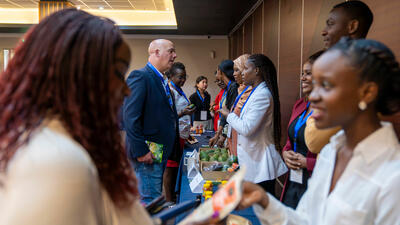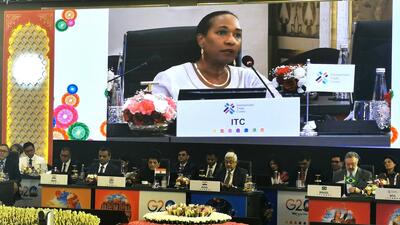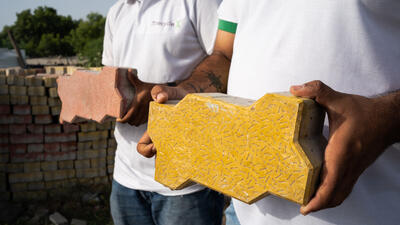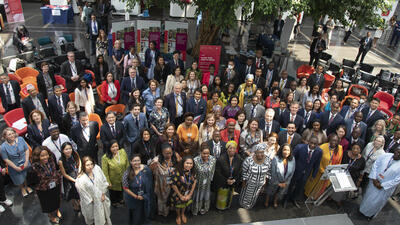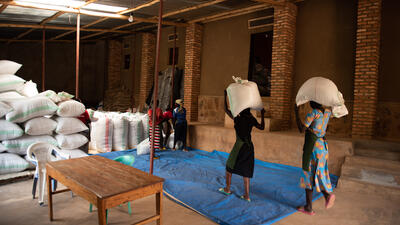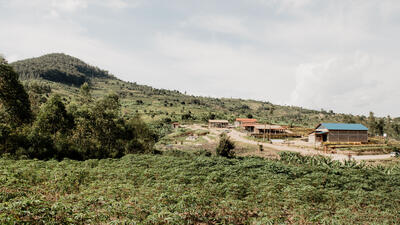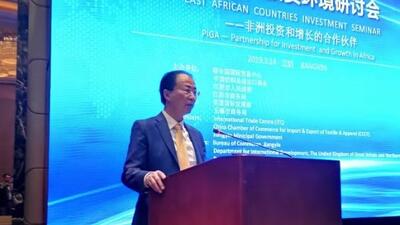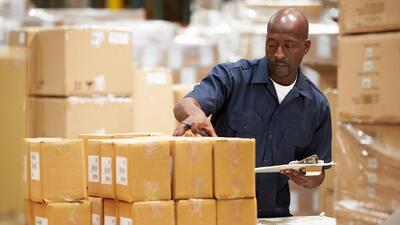Les investisseurs responsables réclament des modèles structurés pour faire croître les PME africaines (anglais)
Impact investors need structured models to grow African SMEs
The first parallel session of the World Export Development Forum (WEDF) 2014, ‘Growing SMEs through impact investing’, featured a discussion on how countries can leverage impact investment funds to support development priorities, and how trade support institutions can help SMEs access the growing market for financing.
A May 2014 study by J.P. Morgan Social Finance and the Global Impact Investing Network forecasts that funds committed to impact investing this year are expected to increase 20% to nearly US$ 13 billion, with the bulk of the funding flowing to emerging markets and
developing countries.
The concept of impact investment has been embraced widely as an alternative source of funding for SMEs that need growth capital. Impact investments are those made into companies, organisations, and funds with the intention to generate a measurable, beneficial social and environmental impact as well as a financial return.
In Africa, the trend is to invest in SMEs that pursue value addition programs in their production processes before exporting. This way they create more jobs and expand the sustainability of their businesses.
Impact investments
Delegates at WEDF examined the future of impact investments in African SMEs at the session supported by TradeMark East Africa. The emerging consensus was that impact investors have to adopt a structured approach to SMEs in Africa, particularly because factors used to evaluate the beneficiaries in other developing countries tend to lock out many companies.
According to Mr. Dan Awendo, the CEO of InvesteQ Capital, most impact investors from developed countries are always looking for the exit opportunity, yet exit instruments such as the capital markets in Africa are not very well developed.
“They are then forced to target those companies that offer easy exit opportunities, leaving out budding SMEs that deserve their help,” Mr. Awendo said. He also noted that partnering with impact investors is important but their business model needs to be aligned to African local situations to make a meaningful change in the status of local SMEs.
Lower return expectations needed
Jean-Louis Ekra, Chairman and President of the African Export Import Bank, pointed out that for impact investors to make a real difference, they will also need to change their perceptions about the risk profile of African businesses and therefore lower their expected rate of return on their investments.
‘It is increasingly challenging for investors to derive a 25 percent rate of return on their investment in Africa. They need to be realistic and settle for similar expectations of between 3 to 5 per cent as happens in Europe and Asia,’ Ekra said.
Ekra accepted, though, that it is going to take a while for impact investors from outside the African continent to understand the real risk in investing in Africa. Dealing with this situation requires a radical shift and Africa has a capable pool of investors that need to invest more in Africa and to provide the much needed impact funds for local SMEs.
‘Africans need to trust each other more and invest in other African countries but at the same time, SMEs should look for business opportunities in sectors that can easily attract this funding such as the supply chain of extractive and commodity sectors,’ Ekra said.
Read the full summary of the parallel session 1: ‘Growing SMEs through impact investment’.
WEDF is organized by ITC, the only United Nations organization with an exclusive focus on assisting SMEs. The event is hosted by the Rwanda Development Board.




